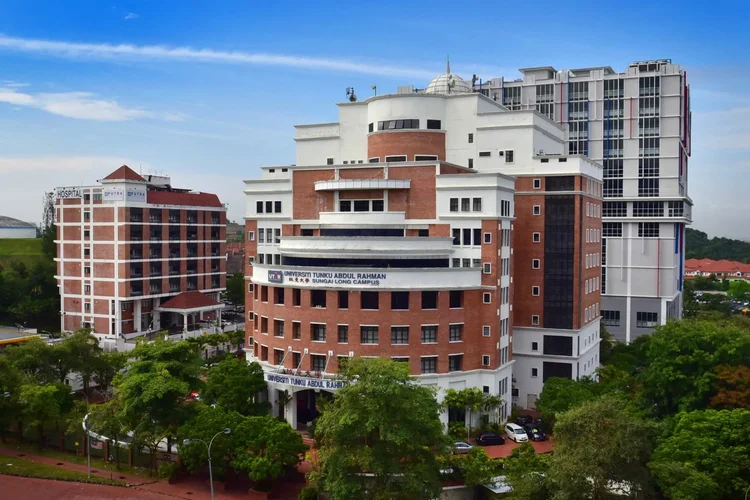The closing ceremony and certificate presentation for the 7th Annual Workshop on Quality and Identification Technologies in Traditional Chinese Medicines was recently held in Macao on 13 April 2018.
The workshop, held from 9 to 14 April 2018, was co-organised by the China Science and Technology Exchange Center (CSTEC) and Macao Science and Technology Development Fund (FDCT). It was hosted by the State Key Laboratory of Quality Research in Chinese Medicine (SKL-QRCM). It aimed to enhance practitioners’ understanding in the field of Traditional Chinese Medicine (TCM) as well as to improve Chinese medicine quality assurance and testing skills.
Three members from Malaysia who attended the workshop were Traditional and Complementary Medicine Division of the Ministry of Health's (MoH) Principal Assistant Director Dr Teo Chiah Shean, Prime Minister's Department’s Secretariat for the Advancement of Malaysian Entrepreneurs (SAME) Advisor-cum-Tai E Traditional Complementary Medical Director Prof Teoh Boon Khai, and UTAR Centre for Research in Traditional Chinese Medicine (CRCTM) Chairperson-cum-Department of Chinese Medicine Head Dr Te Kian Keong.

From left: Dr Te, Prof Teoh, Dr Teo, SKL-QRCM Assoc DeanProf Dr Zhou Hua, Indonesian Traditional Chinese Medicine Association Chairman Sujanto Mardjuki, and Ciak Po Founder Sinshe Lim Suriady
Speaking at the ceremony, Dr Teo stated that the Traditional and Complementary Medicine Act 2016 which came into effect on 1 August 2016 in Malaysia, is currently in its early enforcement phase. The education and training of Traditional and Complementary Medicine (T&CM) practitioners are of vital importance. Hence, the registration of T&CM practitioners will be initiated soon. He said that this training workshop has provided the opportunity for the attendees to gain knowledge and skills from the SKL-QRCM experts and he look forward to establish a long-term cooperation with SKL-QRCM in cultivating talent specifically in the authentication and quality control of TCM products.
On the other hand, Dr Te said the China-Malaysia Centre for Traditional Chinese Medicine (CMCTCM) was established by UTAR in collaboration with the Guangxi University of Chinese Medicine (GXUCM) last year. According to him, the university has established a number of collaborations with China over the past years and would further invite experts from China to provide more lectures and seminars in the future.
He also expressed his wish to establish a joint lab between China and Malaysia in order to enhance the cooperation in the field of TCM. He believed that Macao has high-level research base for Chinese Medicine and it could be a good reference to study herbal medicine in Malaysia. He pointed out that there is still a lot of room for collaborations between the two countries as Malaysia is rich in herbal resources and Macao has well-developed technique.
Prior to that, a number of trainings and collaborations with China such as the first China-ASEAN training class for medicinal study on traditional medicine and agricultural residues, TCM’s training course for the classical prescription and manipulation, Guangxi education and teacher training courses for Chinese medicine lecturers, and talk on axiomatic principles for the treatments of TCM, were organised by the Department of Chinese Medicine to provide the learners with international perspectives as well as to deepen their TCM knowledge.
 +60142521561
+60142521561







